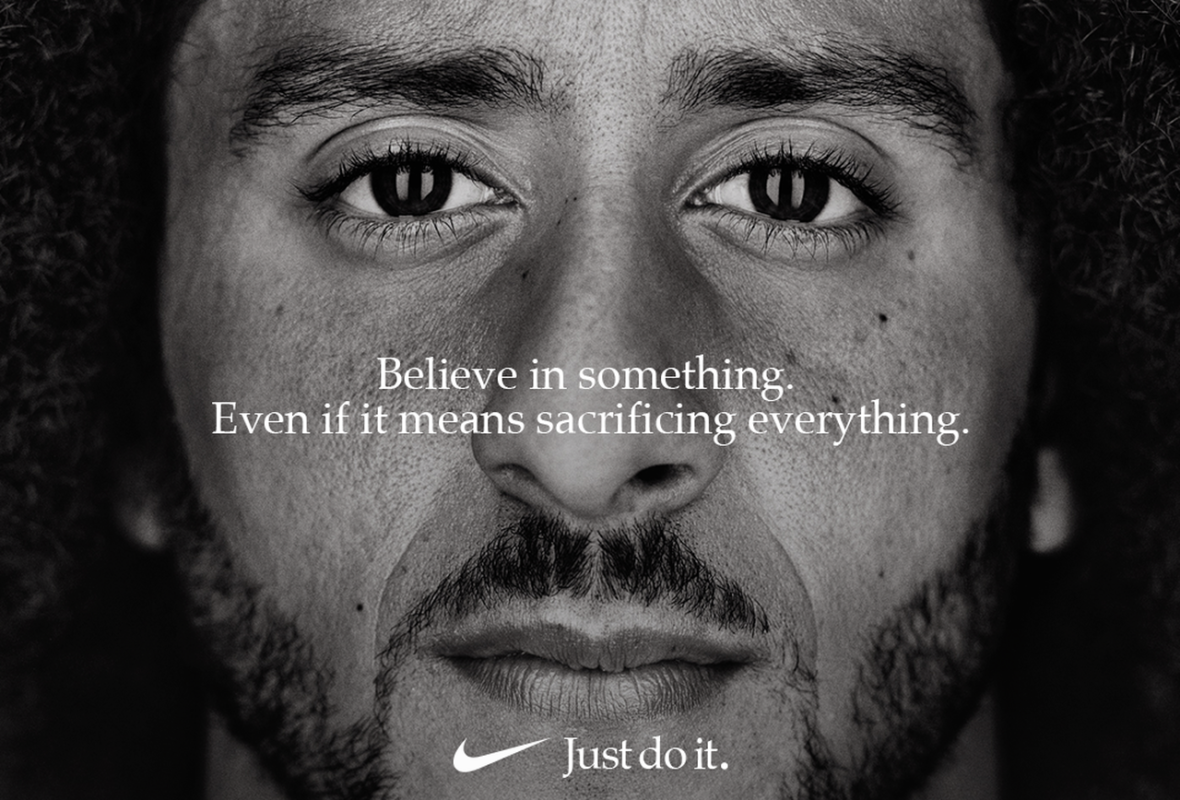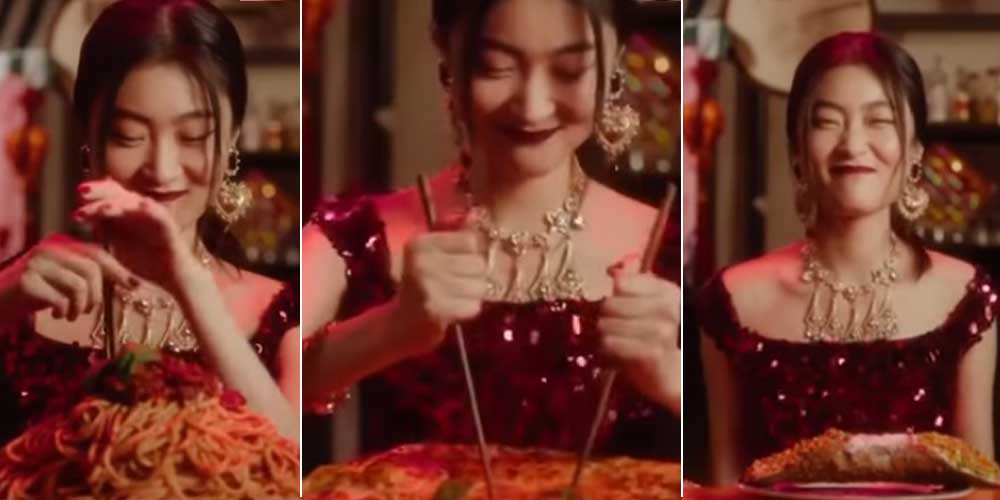2018 was the year fashion got woke. In a bid to capture the next generation of consumers, who are more politically active than ever before, brands large and small rethought the best way to do business, with some of those wading into America’s Culture Wars and taking a clear stance on diversity, racism, gun control and other socio-political issues flourishing.
The world’s second largest fashion retail group Nike (Second only to the LVMH conglomerate) took a bold position by backing maverick sports star Colin Kaepernick in an ad that championed standing steadfast with your convictions even when that stand means losing everything.
The two-minute commercial highlighted superstar athletes LeBron James, Serena Williams and others, and touched on the controversy of NFL players protesting against racial inequality, police brutality and other issues by kneeling during the national anthem. The endorsement deal between Nike and Kaepernick triggered a flood of debate, with some calling for a boycott of the company’s products. It was an inspired and polarising stand. But the results now in show what a remarkable business it had.
Nike surged as much as 9.2% in early U.S. trading after its second-quarter results soared past projections, particularly in its two most important regions: North America and Greater China.
Domestically, the world’s largest sportswear company posted its third-straight quarter of growth. That sustained momentum is a critical benchmark for investors. Nike was previously in a yearlong slump at home, letting rival Adidas make inroads.

On the flipside, social media activism meant missteps can damage a brand’s credibility overnight. H&M, Victoria’s Secret and Dolce & Gabbana were among those that suffered the consequences this year, while watch dogs like Diet Prada called out brands on everything from copycatting to cultural appropriation.

One of the most powerful cases of this was with Italian luxury brand Dolce & Gabbana. Dolce & Gabbana released video clips that featured a Chinese model being taught to eat spaghetti, pizza and a cannoli with chopsticks, in advance of “THE GREAT SHOW” a planned extravaganza in Shanghai. Then Stefano Gabbana, company co-founder and designer, appears to have engaged in a bout of insulting name-calling (including suggesting that the Chinese eat dogs) with a critic on Instagram. Mr. Gabbana said his account was hacked. And gave birth to the “Not Me” meme.
The hacking excuse had almost zero take up, partly due to Mr. Gabbana’s history of hitting back at any criticism of the brand on his Instagram feed. Dolce & Gabbana is now virtually untouchable in China, the fall from grace both fast and brutal.
The lesson to be learnt here? Be careful about ill-considered direct online communication (Instagram feuds), the hazards of cultural arrogance, and how quickly an influential group of powerful Influencers can join under one banner and exact swift and powerful retribution. It is unclear whether the standing of Dolce & Gabbana in Asia will ever recover.
Another year of highs and lows in the fashion industry!







